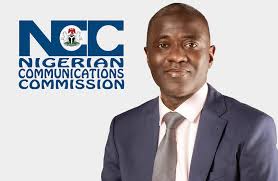Will Messi Not Play in the World Cup? This Is What He Said, and It Has Everyone Worried

Argentina captain Lionel Messi has once again raised doubts about his participation in the 2026 World Cup, which will be held in the United States, Mexico, and Canada. The Inter Miami forward admitted that, because of his age, it is unlikely he will play, although he clarified that he still feels motivated and eager to continue representing La Albiceleste.
“The same thing I said before: I don’t think I’ll play another World Cup. Because of my age, the most logical thing is that I won’t make it, but I’m excited, motivated, and, as I’ve always said, I take it day by day, game by game. Today was the last one here,” Messi said after Argentina’s 3-0 win over Venezuela in Buenos Aires, in which he scored twice.
The 2022 World Cup champion in Qatar stressed that his decision will depend on how he feels physically: “The priority is to feel good and be honest with myself. When I enjoy being on the field, I want to keep going, but if I don’t feel right, I prefer not to be there.”
Messi, who could play in his sixth World Cup, made it clear he does not want to force a premature farewell, although he acknowledged the toll of time: “Sometimes I feel good, sometimes not so much, and it depends a lot on that. Nine months go by quickly, but at the same time, it’s a long stretch. I’ll see how I feel.”
Lionel Scaloni’s Argentina will close out World Cup qualifying against Ecuador in Guayaquil, already having secured first place in the South American standings.




